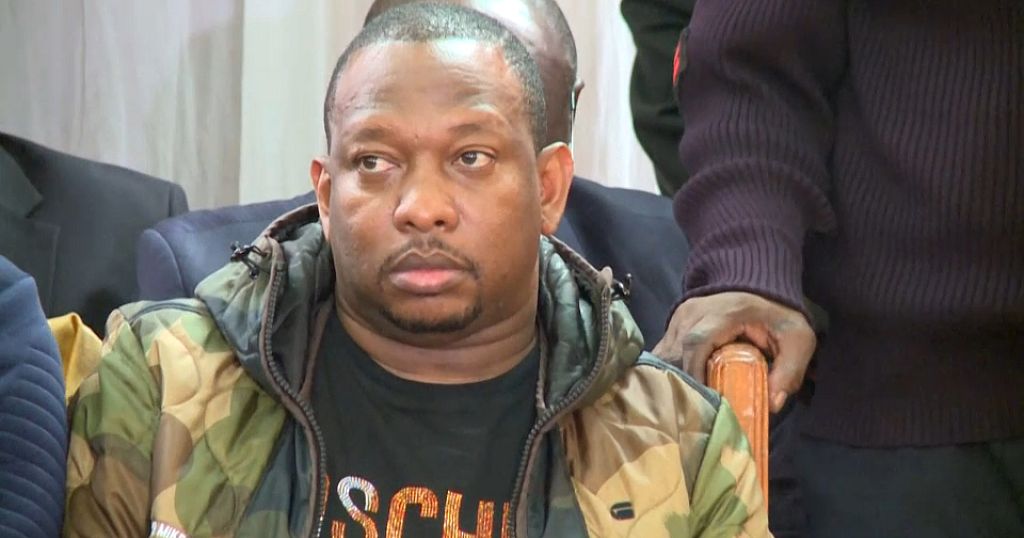The recent crackdown on academic cheating in the United Kingdom could turn out a big disrupter for many young Kenyans who earn a living by writing academic papers for international students.
Some local and international firms will also be hit. PayPal, an international online money remittance company, has already stepped in to clear its name by supporting the crackdown by the British government.
I see PayPal as a firm that understands the politics of business and would want to play safe. And they have indicated that they will no longer make their platform available to such companies. But the truth is, PayPal will be deeply hurt.
Closer home, it is estimated that Kenya receives $1 billion (Sh100 billion) annually from the writing firms. Much of the money is transacted through local banks and mobile money platforms. Outlets such as M-Pesa and Equity Bank have agreements with PayPal and this directive will affect their business.
Bear in mind that this remittance is done to Kenyan small-scale writing enterprises and individuals. All these will now face a major disruption.
The business and career of today are prone to disruptions, many of which will hit our core. Very many businesses have been forced out of the market by disruptions, a lot of which come from new technology, innovations and changes in policies and regulations in the marketplace and politics.
The big question is: “How can we anticipate disruptions and equip ourselves with enough corporate immunity so that, should our core be hit, we will bounce back?” The resilience question is vital in our time, considering that disruptions have become the norm.
First, it is now clear that we can no longer survive as narrow experts: We will need to have a variety of skills and keep sharpening them every day. This, in the corporate world, will mean fashioning our business models in such a manner that we remain relevant and dynamic.
The operating environment may change to an extent that our products, methods and strategies become archaic and irrelevant.
University and college graduates must work extra hard, not to merely increase their knowledge but align their skills and competencies with a fast-changing marketplace.
We are in an era where years of experience are no longer the best advantage. We must be alert to our surroundings. We must take our minds from what was and rescue ourselves from past glory.
We must also avoid the obsession and addiction to what is, and start asking ourselves what might be. That is what we would call possibility thinking; our worry must, therefore, always be about what might be.
Clearly, you are either providing a solution to the next problem or becoming the next problem. You are either causing the next disruption or becoming a casualty of the next disruption.
Chris Kahuria, author, entrepreneurship and finance lead at Silikon Consulting Group

 General News3 days ago
General News3 days ago
 General News4 days ago
General News4 days ago
 General News3 days ago
General News3 days ago
 General News2 days ago
General News2 days ago
 General News2 days ago
General News2 days ago
 General News1 day ago
General News1 day ago
